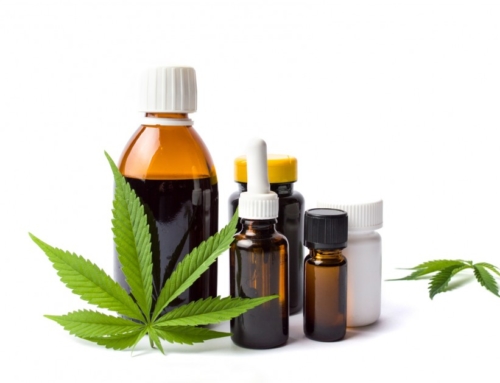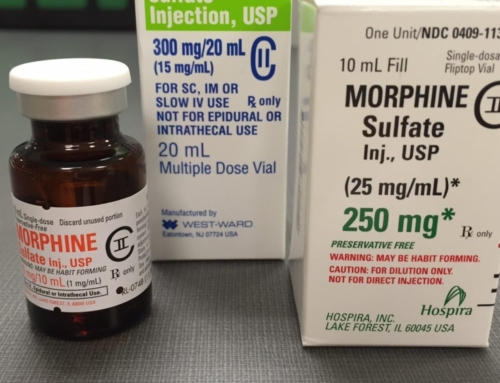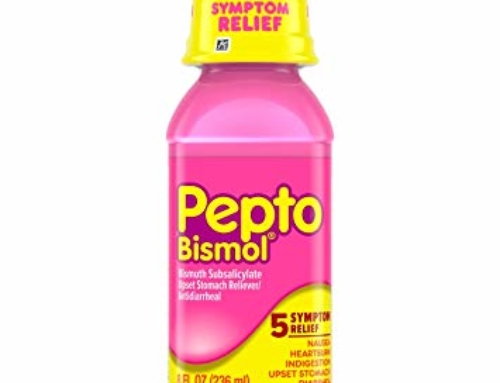If you have any reason to suspect your pet has ingested something toxic, please contact your veterinarian or one of the other resources listed:
• ASPCA Animal Poison Control Center 24-hour hotline at (888) 426-4435
• Pet Poison Helpline® 24-hour animal poison control service at (855) 764-7661
Nicotine & Tobacco
Ingestion of nicotine may be toxic to your pet. It can be found in many products including:
-
- chewing tobacco
- cigarettes
- cigars
- bidis
- traditional nicotine replacement therapies (e.g., patches, gum)
- newer replacement therapies (e.g., electronic cigarettes, nasal sprays, inhalers)

Some nicotine products may be flavored, increasing the appeal to your pet. Note that nicotine gums may also contain xylitol, also considered a toxin to dogs.
Ingestion of cigarette butts may also cause toxicity. Do not leave ashtrays or nicotine containing products within your pets reach.
Birds are also indicated for this toxicity, particularly with inhalation of second hand tobacco smoke.
Signs and symptoms of toxicity: Vomiting is common following ingestion. Other signs of toxicity include increased saliva production, diarrhea, increased activity and agitation followed by extreme depression, difficulty walking, seizures, tremors, and increased heart rate. Clinical signs often develop within 1 hour of ingestion.
Toxic consumption: In dogs, a dose of 9-12 mg/kg is considered lethal. There is no established toxic threshold for cats. All incidents of accidental exposure should be reported immediately.
Pets often vomit immediately following ingestion, making severe clinical toxicosis less likely to occur.
| X-Small Yorkie, Chihuahua |
Small Pug, Boston Terrier, Poodle |
Medium Beagle, Scottish Terrier |
Large Boxer, Cocker Spaniel |
X-Large Retriever, German Shepherd |
XX-Large Great Dane, St. Bernard |
| 1 – 10 lbs. (0.45 – 4.6 kg) |
11 – 25 lbs. (5 – 11.4 kg) |
26 – 40 lbs. (11.8 – 18.2 kg) |
41 – 70 lbs. (18.6 – 31.8 kg) |
71 – 90 lbs. (32.3 – 40.9 kg) |
91 – 110 lbs. (41.4 – 50 kg) |
 |
 |
 |
 |
 |
 |
| > 4 mg | > 44 mg | > 106 mg | > 167 mg | > 290 mg | > 372 mg |
References:
– Osweiler, G, et al. (2011). Blackwell’s five-minute veterinary consult clinical companion. Small Animal Toxicology. [Kindle version]. Retrieved from Amazon.com
– Plumlee KH. Nicotine. In: Peterson ME, Talcott PA, eds. Small Animal Toxicology, 2nd ed. St Louis: Saunders, 2006; p 898.
Pet Poison Control is provided free as a public service by the American College of Veterinary Pharmacists. Today we’re asking you to support us with a small donation. If you would like to dedicate your gift in honor or memory of a pet or individual, you will have that option before checkout. Your gift of any amount helps us maintain this resource and make it available to the pharmacy and veterinary communities. Thank you!





